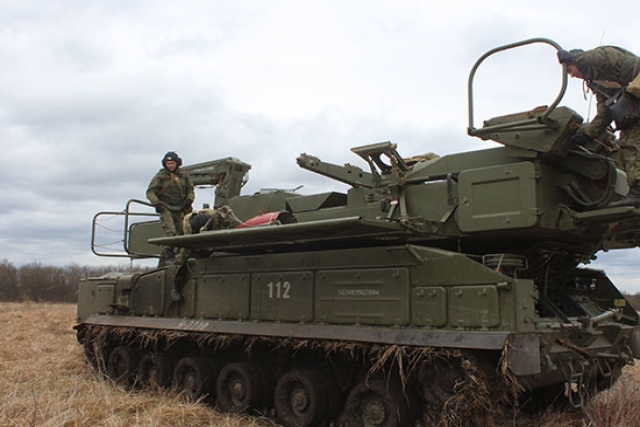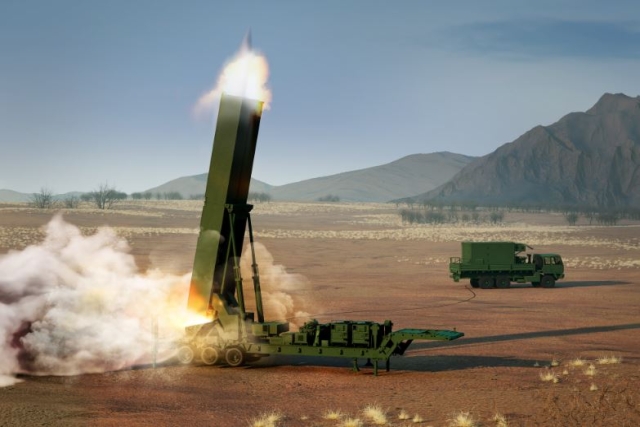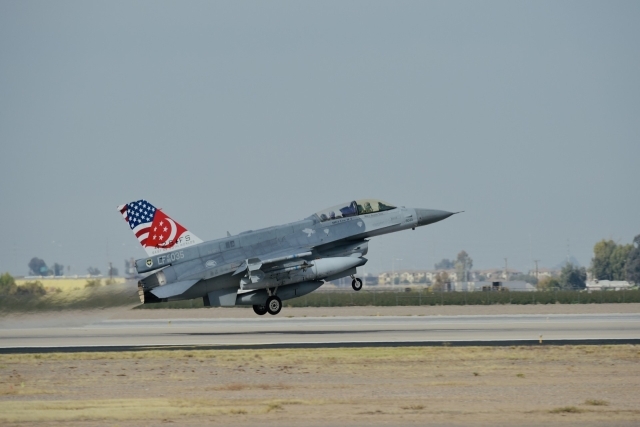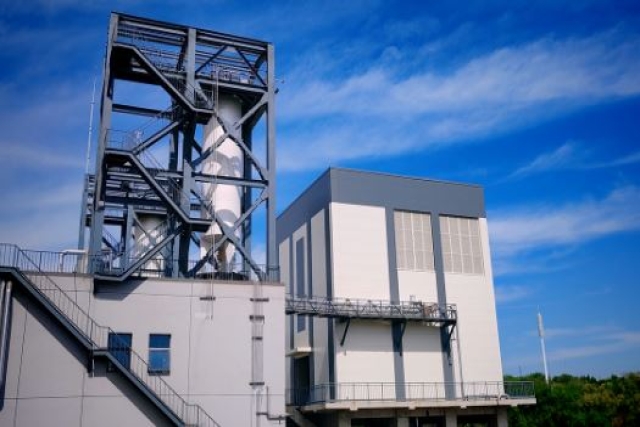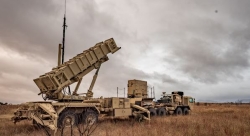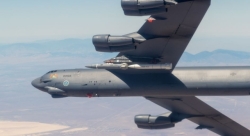Joint Military Bases, Silk Route Access to China In Return for Buying Oil: Tehran-Beijing deal
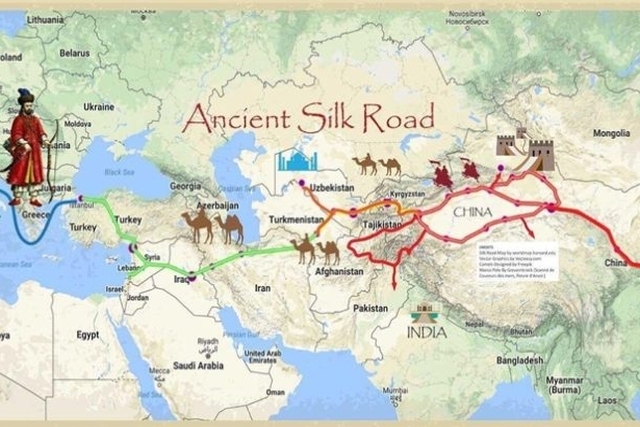
Details of a compressive Iran-China “quarter-century deal” in the making has emerged which will allow the setting of joint military bases, Beijing buying one billion barrels of Iranian Oil per day and ‘Silk Route’ trading initiative to pass through Iran.
Military agreement:
As part of the military agreement, joint military bases are planned around the Persian Gulf and the Sea of Oman, Tehran and Beijing will allow one another’s ships and aircraft to refuel and dock at each other’s airports and ports.
Beijing pledges to help Tehran develop its air, sea and land weaponry. A proposal to establish Chinese weapons production plants on Iranian soil is under consideration.
Silk route
According to details of the draft agreement available with several Iranian accounts on social media, Beijing would change the Silk Road Map, to which Beijing had allocated five billion dollars, to pass through Iran instead of the Arabian Peninsula.
Iran guarantees the extension and security of the road that includes a railway and a highway from the Iranian ports of Bandar Abbas and Chabahar to the Mediterranean via Iraq and Syria.
The plan includes extending a gas and oil pipeline from southern Iran to the Mediterranean, connected to the Syrian port of Baniyas and the Lebanese port of Tripoli. Tehran has already obtained Damascus’s approval to manage the Banias port in the form of long-term investment.
This part of the agreement includes cooperation with Russia, to link the Sea of Oman and the Persian Gulf with northern Europe through Azerbaijan, Russia and the coast of southern Iran with the Baltic Sea.
Chinese companies will undertake the modernization of Iran’s railways to run trains up to speeds of about 400 kilometers per hour, which can deliver goods from the ports of Chabahar and Bandar Abbas to St. Petersburg in less than 24 hours.
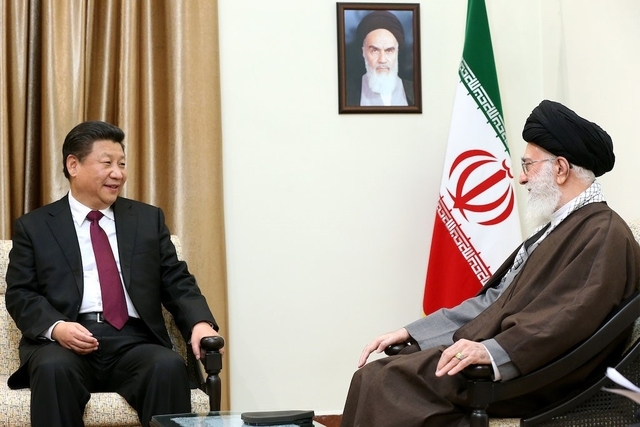
Iranian oil purchase
China pledges to buy at least one million Iranian oil barrels per day and pay for it in Chinese currency, Yuan, while allowing Iran to buy warehouses in China to store oil and re-export it tax free. China will also purchase a similar amount of petrochemicals and treated fuels from Iranian refineries.
China is investing in oil and gas extraction facilities in southern Iran in exchange for 25-year investment contracts.
Renting Iranian islands for tourism
Iran is securing special tourist areas for the Chinese that are not subject to Islamic laws regarding food, drink, and clothing. This includes leasing to Beijing lands on the islands of Kish and Qeshm, and some small islands in the Gulf and in the Iranian free trade zones for 25 years.
Technology
Chinese companies will secure 5G Internet infrastructure in Iran, in exchange for Tehran helping Beijing obtain 5G contracts through joint companies in Iranian spheres of influence including Iraq, Syria, Afghanistan and Lebanon.
The two countries are seeking to obtain, through joint companies, contracts for extraction of oil and gas in the Mediterranean Sea on the shores of Syria and Lebanon, and to secure electric power for the countries of West Asia.
This clause provides that Tehran will ensure that contracts are awarded to Chinese companies in the event of any agreement leading to the lifting of sanctions on Iran.
Factories and construction
Tehran gives Beijing comprehensive tax exemptions, secures its land in the form of investment for 25 years, to build Chinese factories inside Iran in exchange for operating with Iranian labor (at least 60 percent of workers) and transferring technology to Iran.
And China, through joint construction companies with Tehran will build about six million apartments during a five-year period in Iran. These companies participate in contracts for dams and engineering installations inside and outside Iran in West Asia and Africa.
Cultivation, fishing and digital currency
China will invest in agriculture in Iran through Chinese companies obtaining 25 year land leases. Iran will allow Chinese companies to fish in Iranian territorial waters for 25 years for 10 billion dollars annually, provided that Chinese ships do not approach the Iranian coasts more than 8 nautical miles and allow Iranian fishermen to fish.
Iran allows China to establish farms to extract a digital currency on its soil, which can benefit from the production of electricity via solar energy and distribute the profits of the factories equally between the two countries.
Iran allows Chinese companies to extract non-strategic minerals from their lands, recycle them inside Iran, or export them to China or any other country.
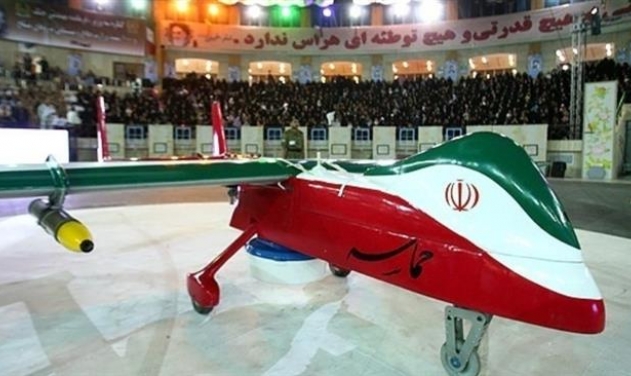
Banks
Iranians cannot transfer money in US dollar in due to the US ban on Tehran's use of SWIFT. To circumvent this, a joint Iranian-Chinese bank will be established to oversee financial cooperation between the two countries.
China will allow Iranian merchants in China to open bank accounts in Chinese currency, exchanging them in other currencies and transferring them to Iran or any other country, subject to the laws of money laundering and combating the financing of terrorism.
Political and nuclear cooperation
In the political sphere, the two countries support each other's policies in international institutions. China supports Iran's request to enter the Shanghai, the BRICS and the World Trade Organization, and Iran supports China in the Organization of Islamic Cooperation and the Non-Aligned Organization. The two sides also establish a common center for security, intelligence and judicial cooperation and the exchange of criminals.
China will help the Iran rebuild its nuclear centers, including the Arak Heavy Water Reactor and transfer of peaceful technology in various fields of nuclear science for Iran, in addition to helping Iran benefit from nuclear technology in the field of medicine, agriculture and energy.
Shiism and student exchange
The two sides will exchange one thousand students from each side every year. The University of Mustafa in the city of Qom establish centers for religious education and education in Muslim regions in China, and China allows this university to promote Shiism in these areas in the face of Sunni Salafi ideas in the Uyghur community of China.
Mustafa University will give 1,500 educational scholarships for Chinese religious students to study in the seminary in Iran every year and return to China to promote Shi'a jurisprudence among Muslims there.

